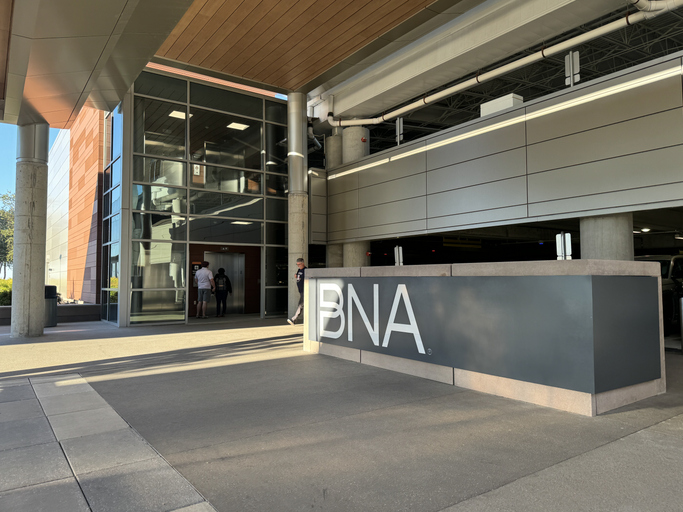
Nashville International Airport Set to Expand Global Reach in 2025
Nashville International Airport (BNA) is poised for a significant leap in 2025, with plans to broaden its international flight offerings following a banner year of growth. According to a recent report by The Tennessean on March 20, 2025, the airport is capitalizing on its surging passenger numbers and strategic partnerships to connect Music City to new corners of the globe. With nonstop flights to Reykjavík, Iceland, and Dublin, Ireland, slated to launch in April 2025, BNA officials have their sights set on additional European hubs, alongside potential routes to Asia and Latin America. This ambitious expansion reflects Nashville’s evolving status as a global player and promises far-reaching implications for the local economy, including businesses like Nashville car accident lawyers.
The airport’s leadership, led by President and CEO Doug Kreulen, has identified Amsterdam, Paris, and Frankfurt as the next key targets for nonstop European flights. These cities, major hubs in their own right, were selected based on data highlighting the travel preferences of Nashville residents. Building on the success of British Airways’ established London route, these new destinations could open doors to increased tourism, business travel, and cultural exchange. In 2023, BNA welcomed over 20 million passengers, a figure projected to climb to 24 million by the end of 2025. This growth underscores the airport’s capacity to attract new carriers and sustain expanded services.
Beyond Europe, BNA is exploring long-term opportunities to connect with Asia, though current runway limitations pose a challenge. Plans are in motion to seek Federal Aviation Administration approval for an extension, a move that could pave the way for transpacific flights. Closer to home, Central and South America also feature prominently in the airport’s vision. Data reveals substantial existing traffic—738 passengers daily each way—to Mexico, the Caribbean, and Latin America, suggesting untapped potential for direct routes. Kreulen emphasized that these efforts aim to “open Nashville up to the rest of the world,” a goal that aligns with the city’s booming population and economic momentum.
For local businesses, this expansion signals a transformative shift. Nashville car accident lawyers, in particular, stand to benefit in several ways. As international visitors flock to the city, drawn by new flight options and Nashville’s renowned hospitality, the volume of traffic on local roads is likely to rise. With more drivers—many unfamiliar with Tennessee’s roads and traffic laws—the risk of accidents could increase. This creates a heightened demand for legal expertise in navigating car accident claims, from minor fender-benders to complex liability disputes involving out-of-state or international parties.
Moreover, the influx of global travelers could bring economic opportunities for law firms specializing in personal injury. International visitors injured in accidents may require representation that understands both local regulations and the nuances of cross-border cases. Nashville car accident lawyers with multilingual capabilities or experience in international law could find themselves uniquely positioned to serve this growing clientele. The anticipated rise in tourism also means more rental cars on the road, a factor often linked to higher accident rates due to drivers’ unfamiliarity with local conditions.
The broader economic impact of BNA’s expansion extends beyond the legal sector. Increased connectivity fosters business investment, conventions, and trade, all of which bolster Nashville’s reputation as a hub of opportunity. For car accident lawyers, this translates to a larger pool of potential clients, including corporate travelers and expatriates who may need legal assistance during their stay. Firms that adapt to this shifting landscape—perhaps by marketing to international audiences or partnering with travel-related businesses—could gain a competitive edge.
As BNA prepares to roll out these new routes, the airport’s leadership remains focused on balancing ambition with infrastructure readiness. The runway extension project, while still in early stages, exemplifies this forward-thinking approach. Similarly, the emphasis on data-driven route selection ensures that each new flight aligns with proven demand. For Nashville, a city long celebrated for its music and charm, this expansion marks a new chapter of global integration—one that promises to reshape its economy and elevate its status on the world stage.
For Nashville car accident lawyers and other local businesses, the message is clear: the world is coming to Music City, and with it comes both opportunity and responsibility. As the city gears up for this influx, staying attuned to the needs of a more diverse, international population will be key to thriving in this exciting new era.


